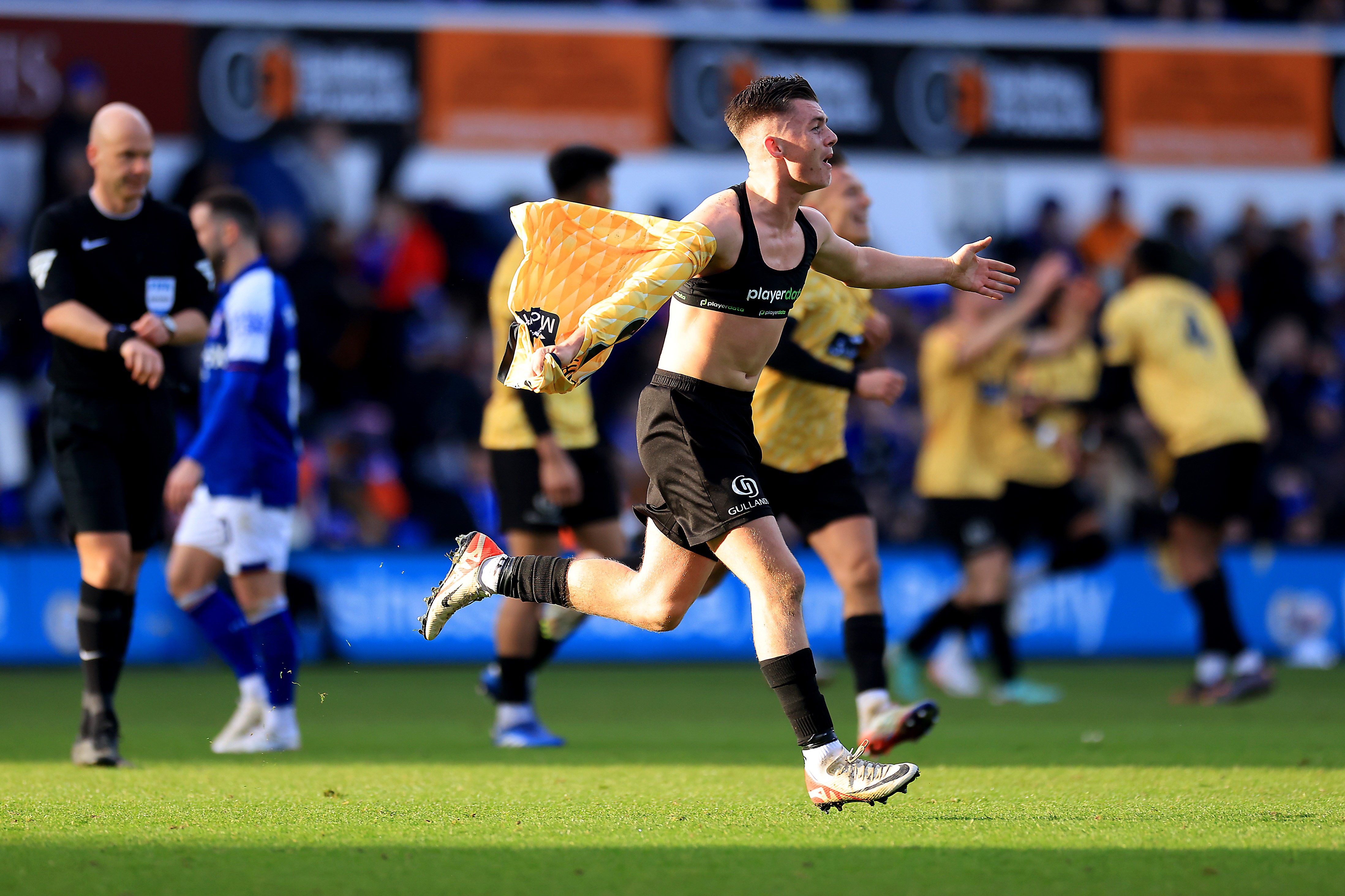Riley Court, a former Chelsea academy player, has revealed that he received the devastating news of his release from the club via email. After spending eight years at the academy, Court was left in tears by the abrupt end of his time at Chelsea.
Heartbreaking Release
Court, who joined Chelsea's Cobham academy as a child, had been a regular and had made steady progress over the years. However, he was taken by surprise when he received an email informing him that he would not be offered a new contract.
Unexpected Blow
Speaking to Kent Online, Court expressed his shock at the news, saying, "Chelsea was unreal, probably one of the best academies out there. I was there for eight years since I was a little kid. I gave up on football for a few months after they let me go. I didn’t want to play – my head was down."
A New Beginning
Following his release from Chelsea, Court considered giving up on football altogether. However, he was given a lifeline and is now rebuilding his career with non-league club Maidstone United.

Rebuilding in Non-League
Court started in Maidstone United's under-16 set-up and has since worked his way into the first-team. He has already made three appearances in the National League South and played 16 minutes in the club's famous 2-1 victory against Ipswich Town in the FA Cup.
A Special Victory
The win against Ipswich Town was an unforgettable experience for Court, who described it as a "once-in-a-lifetime" moment. He also expressed pride in representing his area and making the victory feel "special."
Support from His Dad
Court's father, Ian Court, a former player for Maidstone United, often watches his son's games and provides support and guidance.
Looking Ahead
Court's journey continues as Maidstone United take on Coventry in the FA Cup fifth round on February 26. He will be hoping for another memorable cup upset.
Frequently Asked Questions
What are essential skills for a good footballer?
To play the best football possible, a player needs to have a mix of technical skills, tactics, physical abilities, and mental capabilities. Technical skills include ball control, dribbling, passing, and shooting. Tactical skills include understanding the game in terms of positioning, movements, and decisions. Performance is largely determined by physical attributes like speed, endurance and strength. Finaly, mental toughness and focus are crucial to maintaining performance through a match.
How does one become a proficient football goalkeeper?
Becoming a proficient goalkeeper requires specialized training focused on reflexes, agility, and positioning. A goalkeeper must excel at shot-stopping, command of the penalty area through proficient catching and punching, and distribution with both hands and feet. Goalkeeping requires the goalkeeper to have a high level of mental resilience and decision making under pressure. They must also communicate effectively with their defense. To master the art, you must practice regularly, get constructive feedback from your coaches and analyze your performances to identify improvement areas.
What role does the coach play in the success or failure of a team?
The coach is a key player in the success of a football squad. This role involves developing training programs, planning tactically, and managing players. In addition to creating training programs, a coach must also devise strategic game strategies and motivate players to give their best. Coaches must also make critical decisions about the player’s selection and position, while managing dynamics within the group to maintain a focused and positive environment. It is their leadership that often guides teams through challenges and drives them towards success.
How important is nutrition and diet for a professional football player?
A footballer’s recovery and performance are largely influenced by nutrition. It is vital to have a healthy, balanced diet, which includes the right mix of carbohydrates, protein, fats, vitamins and minerals. Dehydration, which can affect performance in a negative way, is another important factor. The timing of meals and nutrition strategies may vary depending on the training and match schedules. It is beneficial to consult a sports nutritionist in order to create individualized dietary plans.
What type of physical conditioning would be best for a soccer player?
A football player’s conditioning program should be well-rounded, focusing on all aspects. This includes cardio exercises for endurance and speed, sprint training for agility and speed, strength training for power and flexibility to prevent injury. Sport-specific drills, which simulate match conditions, are also beneficial for preparing your body to the physical demands that football places on it. The program can be tailored to the needs of each person by working with an accredited fitness professional or coach.
Statistics
- Youth players who participate in football education programs have a 35% higher chance of being scouted by professional clubs.
- Players with a balanced diet containing adequate macronutrients have a 30% lower injury rate than those with less balanced nutritional habits.
- Teams that prioritize teamwork in training sessions increase their passing accuracy by an average of 15% in competitive matches.
- Football players who follow a structured fitness regimen can see up to a 7% increase in their on-field speed and agility benchmarks.
- A consistent mental focus regimen, including visualization techniques, can enhance player concentration levels by up to 20% during matches.
External Links
ussoccer.com
myfootballcoach.com
topendsports.com
ffacoach.com
fifa.com
How To
How To Boost Your Football Intelligence
To improve your tactical intelligence in football, begin by studying various formations and strategies employed by top teams. As you watch matches, pay attention to how players are positioned, when they run, and what transitional moves are being used. Participate in regular small-sided games that replicate match scenarios, which will sharpen your decision-making skills. With a coach, or mentor, discuss how you can adapt your strategy and analyze your gameplay. Reading books on football tactics and regularly attending tactical workshops can also broaden your knowledge base and improve your in-game acumen.

